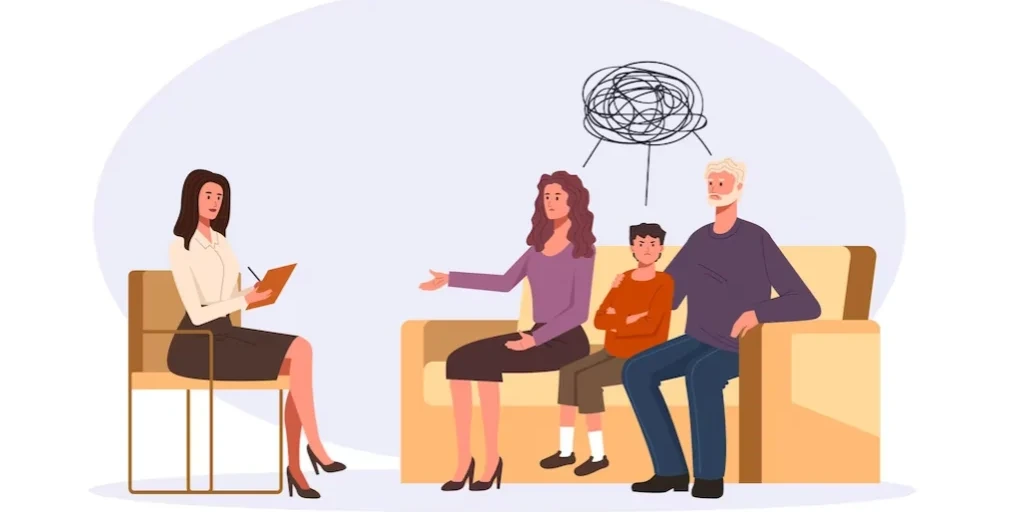24/7 Helpline:
(866) 899-221924/7 Helpline:
(866) 899-2219
Learn more about Medication-assisted Treatment centers in Hughes County

Other Insurance Options

Health Net

State Farm

Coventry Health Care

Magellan Health

UMR

Sutter

Sliding scale payment assistance

Evernorth

Excellus

Medical Mutual of Ohio

Access to Recovery (ATR) Voucher

Amerigroup

BlueShield

Holman Group

Private insurance

Absolute Total Care

Health Choice

MHNNet Behavioral Health

WellPoint

Self-pay options

Oklahoma Families First
Oklahoma Families First is a private rehab located in Holdenville, OK. Oklahoma Families First speci...















































Carl Albert
Carl Albert is a public rehab located in Holdenville, Oklahoma. Carl Albert specializes in the treat...











































